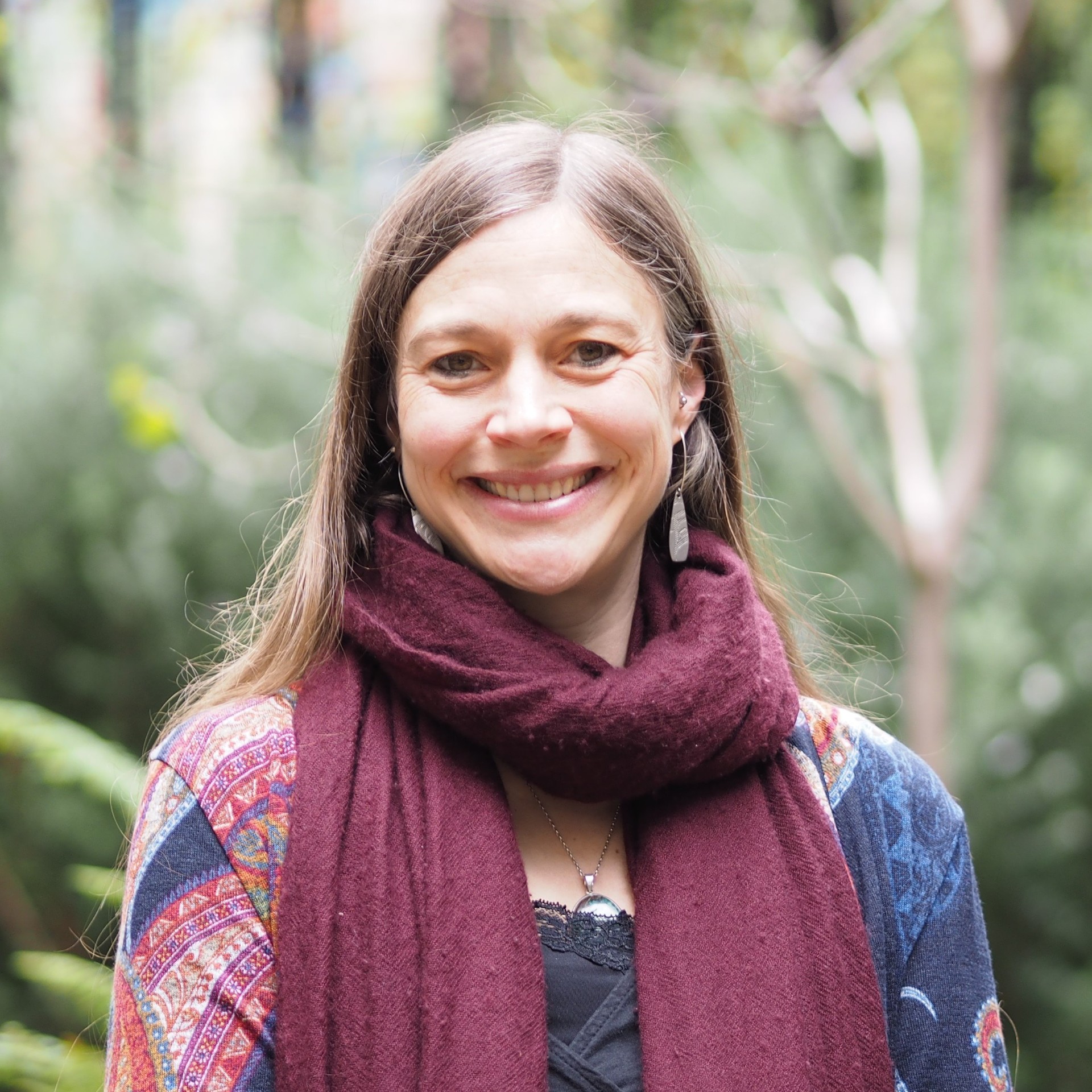My research focuses on spontaneous thoughts and experiences that are decoupled to varying degrees from ongoing tasks and/or environmental demands. In these states, behavioural responsiveness is reduced, attention is directed inward, and executive control is compromised, giving way to spontaneous and often associative trains of thought and imagery.
Spontaneous experiences are the predominant mode of consciousness during sleep, including dreams. They also abound in wakefulness in the form of mind wandering. I seek to understand the range of spontaneous conscious processes, including similarities and differences across sleep-wake states. I also seek to understand the waxing and waning of consciousness in sleep.
I use the analysis of spontaneous conscious processes to address foundational questions about the concepts of consciousness, wakefulness, and sleep including sleep stages; I also think it can help identify the minimal conditions for consciousness and self-experience. I am also interested in how spontaneous experience relates to cognitive agency and mental autonomy.
I address these issues through theoretical-conceptual work and collaborative interdisciplinary research that I conduct with collaborators at Monash and abroad. In my book Dreaming (MIT, 2015) I propose an empirically informed framework for dream experience.
I aim to promote high-quality open access publications. With Thomas Metzinger, I edited Open MIND (also published by MIT in 2016). With Sascha Fink (Magdeburg) and Wanja Wiese (Mainz), I founded the journal Philosophy and the Mind Sciences. It is open access and free of charge for authors and readers.

